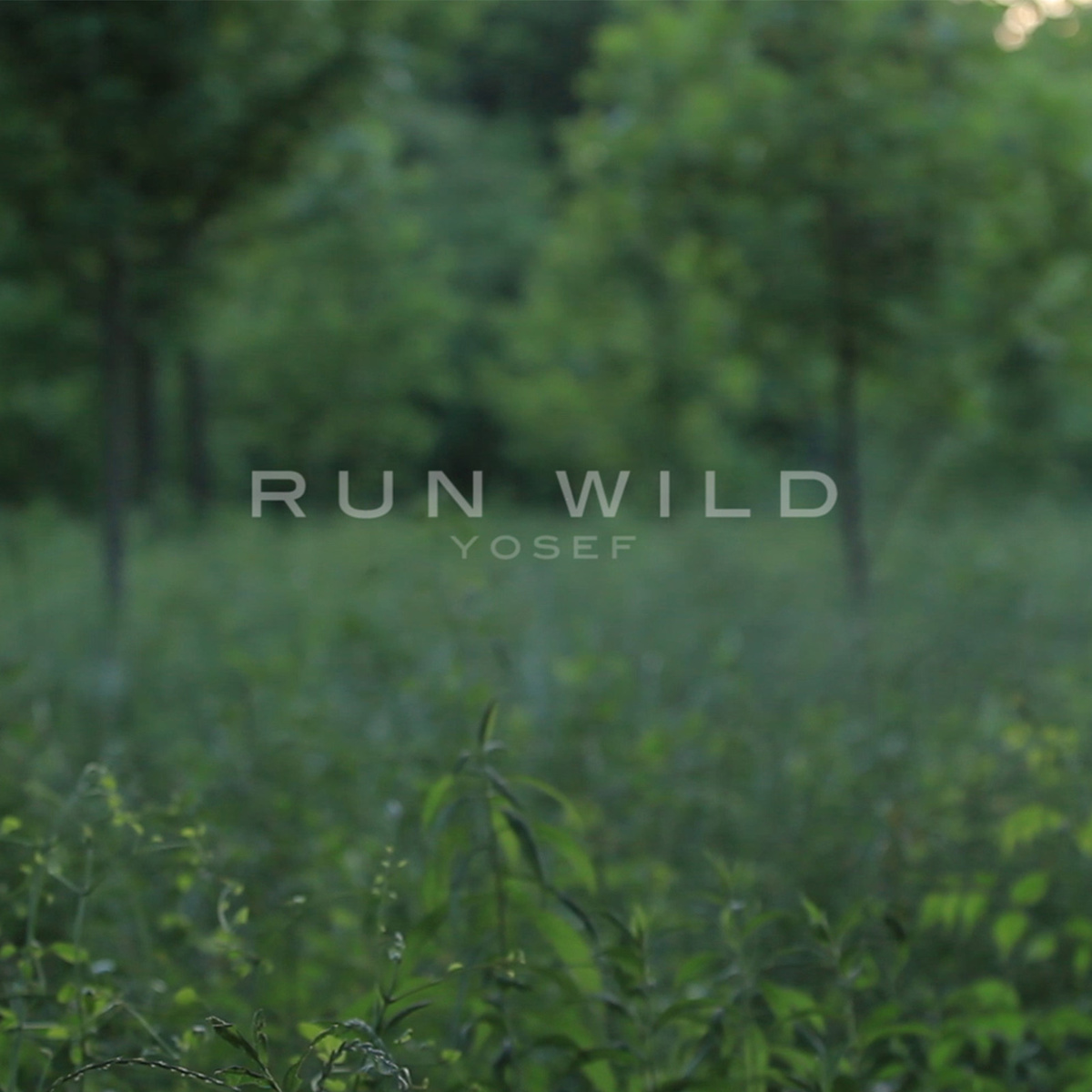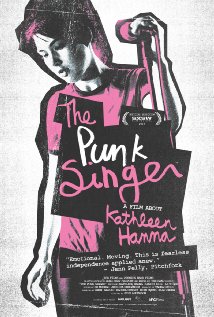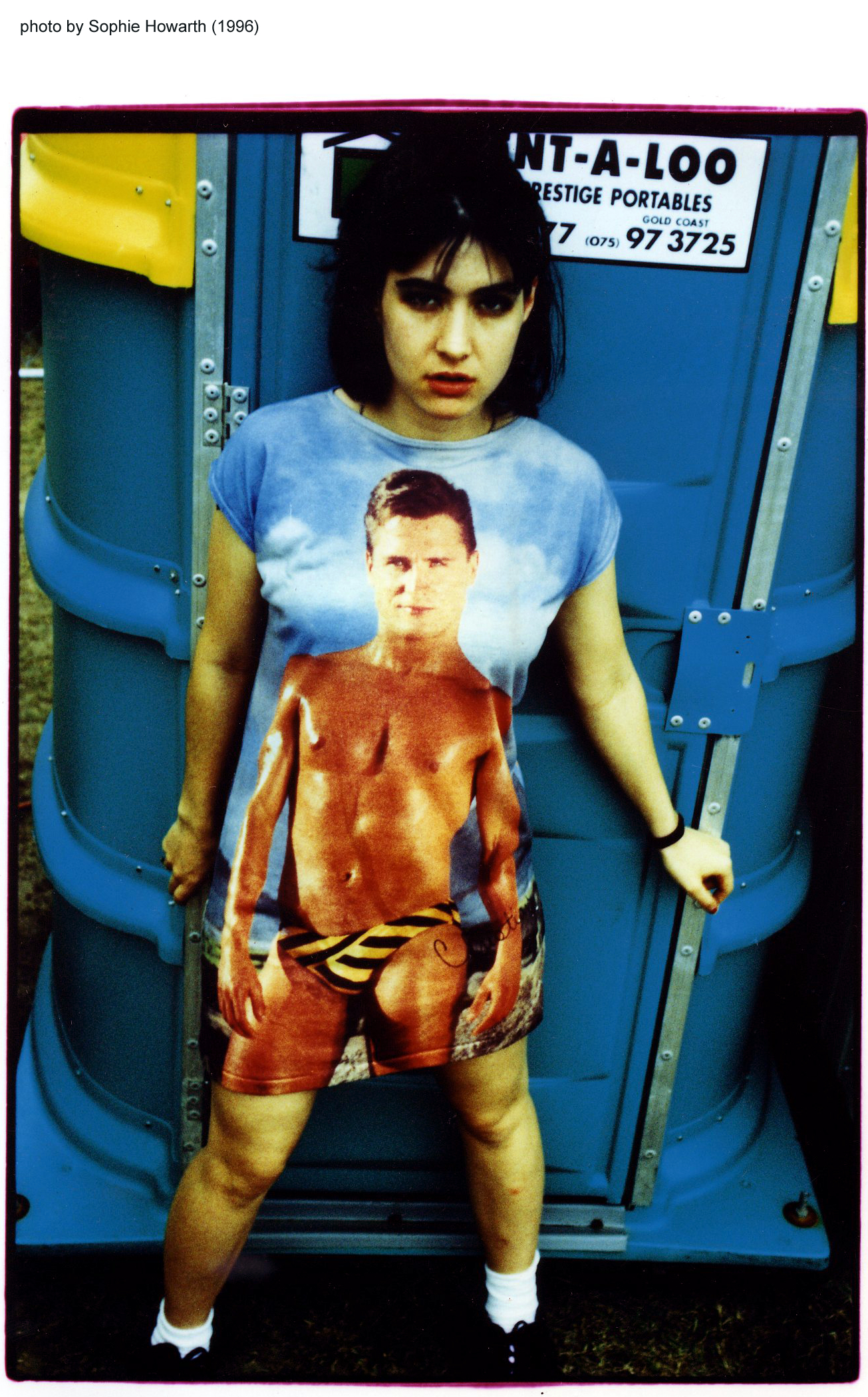We're super excited and (grateful) to have two Columbia bands, the electro-pop duo Husband and the jazzy post-punk group ModalCoda, play the arts showcase tonight (8/4/2016) on Boyd Plaza tonight as part of First Thursday on Main. All proceeds go to benefit The Jasper Project, the new non-profit entity that will be taking over the magazine. Here's the full schedule of performances, and be sure to check out both of these band's excellent records before you head out to the show. Performances: 6:00 The Palmetto Opera 6:30 Fringe Dancers 6:45 Yemassee Journal 7:00 Wet Ink Spoken Word 7:15 Fringe Dancers 7:30 Husband 8:30 Modalcoda
Show Alert: Capital City Playboys CD Release This Saturday, September 26th at Art Bar
 On Saturday, September 26, local lounge-rock trio the Capital City Playboys will release their first full-length LP, Bad Bad Man. The album’s lead single and title track is a kinetic burst of ominous, surf and blues-influenced rock and roll based around clean guitar lines and tight, unflashy rhythms. With guitarist Mary Fort’s deep-bellied croon leading the charge, one is almost reminded of Glenn Danzig and his early work with fuzzy doom-punkers the Misfits. The unrelenting gloom in his voice makes for an interesting contrast with the waves you can almost hear crashing somewhere in the background. This song belongs over the opening credits of a Tarantino flick. Don’t believe me? Just listen here. -Music Editor Michael Spawn
On Saturday, September 26, local lounge-rock trio the Capital City Playboys will release their first full-length LP, Bad Bad Man. The album’s lead single and title track is a kinetic burst of ominous, surf and blues-influenced rock and roll based around clean guitar lines and tight, unflashy rhythms. With guitarist Mary Fort’s deep-bellied croon leading the charge, one is almost reminded of Glenn Danzig and his early work with fuzzy doom-punkers the Misfits. The unrelenting gloom in his voice makes for an interesting contrast with the waves you can almost hear crashing somewhere in the background. This song belongs over the opening credits of a Tarantino flick. Don’t believe me? Just listen here. -Music Editor Michael Spawn
In Jasper Vol. 3, No. 4: Record Reviews - The Mobros' Walking With a Different Stride
"Like so many other things worth writing about, I first heard about the Mobros in a bar. After consuming many beers, an older gentleman started telling me about this two-piece blues band he had seen the previous weekend. Because Americans receive two-piece blues bands with the regularity of a utility bill, I listened to him rave about his latest discovery with a mild air of cynicism that I have since come to regret. He told me that they were too young to be as good as they were, and that they were one of the tightest local acts he'd ever seen. As it turned out, he was pretty much dead-on.
In the years since they've appeared, the Mobros have become one of the most talked about bands not just in the state, but in the entire Southeast. Columbia music veterans speak of them with the sort of pride and amazement usually reserved for parents whose teenager has been allowed to skip the tenth grade. It's for this reason that the Mobros' first proper release, Walking with a Different Stride, has been so hotly anticipated.
And the album is good--there's no doubt about it. All of the brothers' strengths are on full display. Kelly Morris has a rich, soulful voice that would be unusual even for an older and world-wearier man, while drummer Patrick Morris deftly melds creativity with discipline and plays in perfect syncopation with his brother's galloping guitar lines. For added flavor, breezy harmonies are spread throughout the album with effective economy. As recorded proof of the duo’s talent as musicians and songwriters, Different Stride is a success; but it lacks a certain energy that has always been integral to the band's appeal.
The Mobros aren't exactly at fault. This is the sort of problem you run into when a live band this good tries to translate its stage energy into another form altogether. Some bands do it with ease while for others it can be like gluing a lightning bolt to the sky. But the problem really has less to do with the artist and more to do with the way people consume the music in their own community. A big-time national touring band may only come around once or twice a year, so the record is really the best you can do while you wait to see them again. When an act as undeniably talented as The Mobros is something local, and it's not that difficult to see in person, an album will always feel second best. But really, it's not unthinkable that the Mobros could become a national touring band someday soon, and when that happens, Walking with a Different Stride might benefit from reappraisal." – Michael Spawn
For more record reviews, click through the image below:
In Jasper No. 3, Vol. 4: Young Bands on the Brink -- Death of Paris
"In a music scene largely characterized by indie rock bands playing on the fringes of mainstream interest, Death of Paris sticks out a bit like a sore thumb. And it’s not because they are corporate or moneyed—if anything, the group is the most DIY act in town. It’s because they so clearly want it more. “'We just look at the band as more as a job,' say multi-instrumentalist/synth maestro Blake Arambula, who founded the band with singer Jayna Doyle in July of 2009. “We have a good time and have fun with it, but it’s something we work at every single day.' ...”
For the full story and photos, check out the magazine starting on page 12 below:
In Jasper Vol. 3, No. 3: Young Bands on the Brink -- Stagbriar
"There are certain assumptions you are going to make about a band that calls its first album Quasi-Hymns, Murder-Ballads, and Tales of How the Hero Died, but perhaps the most accurate one for Stagbriar, an indie folk-rock band led by brother-and-sister duo Alex and Emily McCollum, is that they are nothing if not artistically ambitious. The album opens with, true to its title, a murder ballad of sorts. But, aside from that, it is probably not what you are expecting. ..." -Kyle Petersen For the full story and photos, check out the magazine starting on page 15 below:
In Jasper Vol. 3, No. 3: Record Review – Youth Model's All New Scars LP
 "This pop-rock turn from longtime drummer Matt Holmes comes across as an impressive studio collaboration, with Holmes taking songwriting and composition duties but allowing Archer Avenue producer Kenny McWilliams to track bass, guitars, keys, and backing vocals to elegantly flesh out the drummer’s originals. The end result is an album that escapes feeling too generic through the fact that Holmes is an able songwriting craftsmen and an understated-yet-engaging vocalist who gets McWilliams’ hyper-polished treatment. And while Holmes borrows from a host of influences, from The Black Keys and OK Go to The Killers and Kings of Leon, he tends to be a synthesizer rather than imitator, lending Youth Model a pleasant (and surprising) sense of authenticity rather than a crass bid for mainstream success." - Kyle Petersen
"This pop-rock turn from longtime drummer Matt Holmes comes across as an impressive studio collaboration, with Holmes taking songwriting and composition duties but allowing Archer Avenue producer Kenny McWilliams to track bass, guitars, keys, and backing vocals to elegantly flesh out the drummer’s originals. The end result is an album that escapes feeling too generic through the fact that Holmes is an able songwriting craftsmen and an understated-yet-engaging vocalist who gets McWilliams’ hyper-polished treatment. And while Holmes borrows from a host of influences, from The Black Keys and OK Go to The Killers and Kings of Leon, he tends to be a synthesizer rather than imitator, lending Youth Model a pleasant (and surprising) sense of authenticity rather than a crass bid for mainstream success." - Kyle Petersen
For more record reviews, check out pages 14-15 of the magazine here:
In Jasper Vol. 3, No. 3: Record Review - Yosef's Run Wild LP
 "Yosef, the rock moniker for Hunter Duncan, trades in the grandiose Britpop of Radiohead and Muse, a style which depends on an acrobatic vocal presence that can stretch out syllables and lean into a wall of guitars. Fortunately, Duncan is more than up to the task, capable of misanthropic Thom Yorke-style croons in one moment and the swooning romanticism of Keane in the next. And while the gleaming pile of anthemic guitars parts and earnest lyricism might lean a bit too heavily into Coldplay and Remy Zero territory, Duncan’s devotion to creating a grandeur and atmospheric sprawl across these seven songs sustains a mood of seriousness and sense of purpose even in those few faltering moments." - Kyle Petersen
"Yosef, the rock moniker for Hunter Duncan, trades in the grandiose Britpop of Radiohead and Muse, a style which depends on an acrobatic vocal presence that can stretch out syllables and lean into a wall of guitars. Fortunately, Duncan is more than up to the task, capable of misanthropic Thom Yorke-style croons in one moment and the swooning romanticism of Keane in the next. And while the gleaming pile of anthemic guitars parts and earnest lyricism might lean a bit too heavily into Coldplay and Remy Zero territory, Duncan’s devotion to creating a grandeur and atmospheric sprawl across these seven songs sustains a mood of seriousness and sense of purpose even in those few faltering moments." - Kyle Petersen
For more record reviews, see page 14 of the magazine here:
<
Movie Review -- The Punk Singer: A Film About Kathleen Hanna
 The Nick has always been good about keeping a nice selection of well-curated music documentaries rotating through their programming calendar, and The Punk Singer is no exception. The story of the riot grrl movement of the 1990s is one that still urgently needs to be told again and again, and the career of the explosive and charismatic Kathleen Hanna is a fitting, although not entirely unproblematic, vehicle in which to do that.
The Nick has always been good about keeping a nice selection of well-curated music documentaries rotating through their programming calendar, and The Punk Singer is no exception. The story of the riot grrl movement of the 1990s is one that still urgently needs to be told again and again, and the career of the explosive and charismatic Kathleen Hanna is a fitting, although not entirely unproblematic, vehicle in which to do that.
The film does an excellent job of distilling not only the essential details of the movement, but also the spirit and sense of excitement that surrounded its emergence as a powerful punk subculture. Rooted in the home bases of the Pacific Northwest and DC area, a collection of female musicians formed bands that explicitly addressed issue of patriarchy, sexual abuse, and rape and sought to empower other women to make music, write zines, and becomes activists. An explicitly revolutionary movement, riot grrls held meetings and organized protests and concerts in the hopes of forging a new kind of third-wave feminism.
In focusing specifically on Kathleen Hanna, documentarian Sini Anderson somewhat oversells how central the Bikini Kill leader was to the creation of the movement at the expense of her many collaborators and kindred spirits, but the film definitely captures what made the singer so essential to the whole thing. Through footage of just a handful of live concerts interspersed and supported by Bikini Kill studio recordings, Hanna’s undeniable stage and vocal presence, as well as her ability to meld punk and DIY ethos with feminism with a commanding poise makes it clear just how electrifying, and impossible to ignore, Bikini Kill was. The first half of the film essentially tries to recreate the atmosphere and sense of empowerment that the riot grrrl movement inspired as it intersperses archival footage of Hanna doing interviews and Bikini Kill performances with interviews on Hanna's influence with, among others, Joan Jett, Kim Gordon (Body/Head, Sonic Youth), and Corin Tucker and Carrie Brownstein (Sleater-Kinney).
The second half of the film moves quickly through Bikini Kill’s breakup, Hanna’s romance with eventual husband Adam Horowitz (Beastie Boys), her move to more electronic, and somewhat more accessible, sonic terrain in Le Tigre, and that band's extended hiatus around 2006 due to Hanna’s mysterious illness, which dominates the final section of the documentary. The fast pace yields mixed returns, as at times it feels like Anderson is ably filling in the gaps of Hanna’s life, and at other times like she’s pushing too fast through the last 15 years or so of her story to reach the end. Having said that, the film’s punchy 80 minute run time is definitely one of its strengths, and it provides ample time for Hanna to shed light on both her condition and the general plight of those with late-stage Lyme disease, which is notoriously difficult to diagnose. Hanna even makes a nice connection between the kind of hurdles lyme disease sufferers face (and, by extension, other people suffering from disabilities) to the ones that feminism more traditionally tackles.
The film ends with Hanna’s triumphant return to music, as 2013’s Run Fast, a full-length album recorded by her resurrected moniker/band The Julie Ruin, can attest. It splits the difference a bit between the electroclash of Le Tigre and the shoutalong punk of Bikini Kill, and is a surprisingly sharp return to form for Hanna given her years away from music-making and songwriting.
Some of the more problematic elements of the film were pointed out by the Girls Rock Columbia organized panel that followed Monday night’s screening. The panel featured five volunteers from last year’s camp, Jennifer “Bingo” Gunter, Meeghan Kane, Katherine McCollough, Ony Ratsimbaharison, and Mollie Williamson, many of whom noted the movement’s white middle-class exclusivity and some of the difficulties of translating the riot grrrl movement across divides of race, class, and nationality even as they praised the profound impact and importance of Hanna. This essay by music journalist Laina Dawes entitled “Why I Was Never a Riot Grrrl” became a valuable touching point for the discussion and should be required reading whether you see the film or not.
On a personal note, as a white male music writer who has written explicitly about the gender of some of the members of the panel in the past, the discussion of how female musicians are portrayed in the press and constantly asked to interrogate the relationship between their gender and their art provided an uncomfortable yet necessary reminder of both my own extraordinary privilege and the ways in which even the best of intentions can often bare traces of the very structural inequalities that feminism seeks to subvert.
The film screens once more at The Nickelodeon on Friday, January 31st, at 11pm.
Bonus Feature from Last Night’s Screening: A short set by members of Hauswerk and Those Lavender Whales (Jessica Bornick – drums, Ony Ratsimbaharison – guitar, and Katherine McCollough – vocals) before the film that ripped through two Bikini Kill songs and two Hauswerk originals that fit the spirit of the evening to a T.
-Kyle Petersen
Trailer:
[youtube=http://www.youtube.com/watch?v=fwrXC5OXqgc]
Jasper’s Music Picks of the Week (1/21/2013-1/27/2013)
As usual, Columbia is hopping with some great music to see this week. Here our are picks for some of the best: Thursday Night, 1/24 – Can’t Kids & Cusses at New Brookland Tavern
The thrash and crash indie rock of the Can’t Kids is always difficult to pass up (see our review of their debut LP, Brushes Touches Tongues, here), but add to the bargain the Savannah-based Cusses, a muscular post-punk duo whose bass-less lineup recalls the Yeah Yeah Yeahs, and it easily becomes a pick of the week.
Friday Night, 1/25 – Josh Roberts & the Hinges, Danielle Howle & the Firework Show at 5 Points Pub
They don’t come much bigger in the South Carolina roots-rock world than Josh Roberts and Danielle Howle. If you aren’t familiar with Howle’s latest backing band the Firework Show, check out the full-length they did together, New Years’ Revolutions, here. It’s a bit lo-fi, but the jazzy, eclectic vibe and inventive arrangements they bring to the songs on that record matches the wild, vibrant swoops of Howle’s artistic muse to a T. Mr. Roberts and company, if you’ve forgotten, was a Jasper 2012 Artist of the Year nominee, largely on the basis of his quite-excellent latest full-length, Mighty Old Distance and Murky Old Time. Below is a cool little promotional video for that record.
Might Old Distance & Murky Old Time Promo
Saturday Night, 1/26 – Jon Dee Graham OR The Mazloom Empire (CD Release) OR Burnt Books (CD Release)
This one depends on what kind of mood you are in – we have the roots-rock legend Jon Dee Graham playing a house show at The Little Yellow Music House (call 309-0214 or email littleyellowmusichouse@yahoo.com for reservations), alt. pop powerhouse Mazloom Empire dropping their debut EP at the Art Bar, and experimental hardcore band Burnt Books are celebrating their January 29th release of their first full-length on At A Loss Records at New Brookland Tavern. For a vast catalog of top-notch tunes and the venerable growl of one of America’s great troubadours, Graham is your best bet. If you want an eclectic collection of catchy, diverse takes on rock and roll, the Mazloom Empire show also has blues rockers Mason Jar Menagerie (Fountain Inn), Gritty singer/songwriter Rachel Kate (Charleston), and the atmospheric indie pop of The Lovely Few (Columbia). Or, if you want to the kind of heavy, earsplitting punk and metal that Columbia does so well, Burnt Books is joined by Whores (Atlanta), Carolyn (Columbia), and Darkentries. Three very different but thoroughly excellent shows.
Album Review: Can't Kids - Brushes Touches Tongues
Full disclosure: I’ve always sort of been a fan boy of Can’t Kids co-founder Adam Cullum. From his heart-on-sleeve solo recordings in Falling off a Building to his multi-instrumental prowess and role as the energetic center of the literary-folk/pop group Magnetic Flowers, I’ve always considered him one of the scene’s finest assets. Whether you love or hate what he is doing on stage, it’s hard to deny the passion and instrumental power of his performances. And now, we have Can’t Kids.
The band was born as a duo, with Cullum and Jessica Oliver bashing out poppy tunes at deafening levels in the house they shared. The two frequently shared vocals and seem to (at least initially) take turns playing drums or guitar. White Stripes comparisons quickly followed, which is something the two found puzzling when I talked to Cullum back in July. At first I shared their confusion, but the more I’ve listened to this debut, though, I think there might be some logic behind the linkage, and it gets to the heart of what makes both groups tick.
We tend to think of The White Stripes as this primal blues-based monster, with the high octane riffs of songs like “Seven Nation Army” or “Fell in Love with a Girl” being exemplars of their muscular ferociousness. But this is also a group who made the largely marimba-based Get Behind Me Satan and featured such twee pop ballads as “We’re Going to be Friends” and “I Want to be the Boy to Warm Your Mother’s Heart.” These odd contradictions—of Son House and Burt Bacharach, The Sex Pistols and Belle & Sebastian—are actually what seem to capture the group the best.
Similarly with Can’t Kids, the initial reaction always seems to come from their loudest, most heavy-edged moments. The group’s sound seems frequently inspired by the pounding and propulsive electric guitars of 90s indie rockers like Modest Mouse or Pavement, with pounding drums and meandering, electric guitar riffs that often seem nearly unhinged. Correspondingly, there are maniacal shouts and misanthropic observations that also mark the best of Modest Mouse: see Oliver’s inflamed howl of “I wanna see this city burn/I wanna be Sheeeer-man!” on “Stab/Grab” or Cullum’s snarling, irony-tinged pronouncement that “If I had a nickel for every person that I hate/I could buy a fancy rifle and blow us all away” on “Dimes,” a line that’s a pretty direct rip from MM’s “Cowboy Dan.” They also, albeit less frequently, employ the sardonic non-sequesters of Pavement’s Stephen Malkmus (“Stab/Grab” is probably the best example).
But the group is also pulling from another set of less fearsome indie rock traditions—the literary grandiose-ness of something like “Ghost Killah” seems more Neutral Milk Hotel or Decemberists than anything else, and the frequent borrowing of commercial hooks (“maybe it’s Maybelline,” “line in shambles?/Try Campbell’s!”) or pointedly high-octane pop song structures (“It’s Yrs” or “Happy Hippie Songs”) seem to create similar sorts of contradictions that allowed The White Stripes to thrive.
The two members that Oliver and Cullum chose to add to the group emphasizes this odd dichotomy. (Formerly?) hardcore bassist Henry Thomas was brought into the fold to add a pummeling low end which frequently adds to the menace and mania of the sound, while cellist Amy Cuthbertson brings an obvious beauty and chamber-pop vibe to the proceedings. Of course, in a fitting irony, often times Thomas’ bass line propels a poppy tune like “It’s Yrs” and Cuthbertson provides a strong sense of foreboding with her dark string parts. So, either way, a sense of difference and discontinuity seems to be emphasized.
Still, for all that comparison does in fleshing out the conceptual appeal of the band, what really sells it is the obvious chemistry between Oliver and Cullum. The sense of friendship and community apparent from much of the lyrics, from inside jokes and a shared past to a sense of honesty and love among true partners, is evident from even a cursory experience with these tunes. In addition, their shared vocals, equal parts hooky melodies and shouted glee, have an infectious power that is one of the best illustrations of a band enjoying making music so much that you have no choice but to like it too.
If you can’t tell, this record gets two pretty damn big thumbs up from Jasper!
Can't Kids - Brushes Touches Tongues is available at Fork & Spoon records, here.




